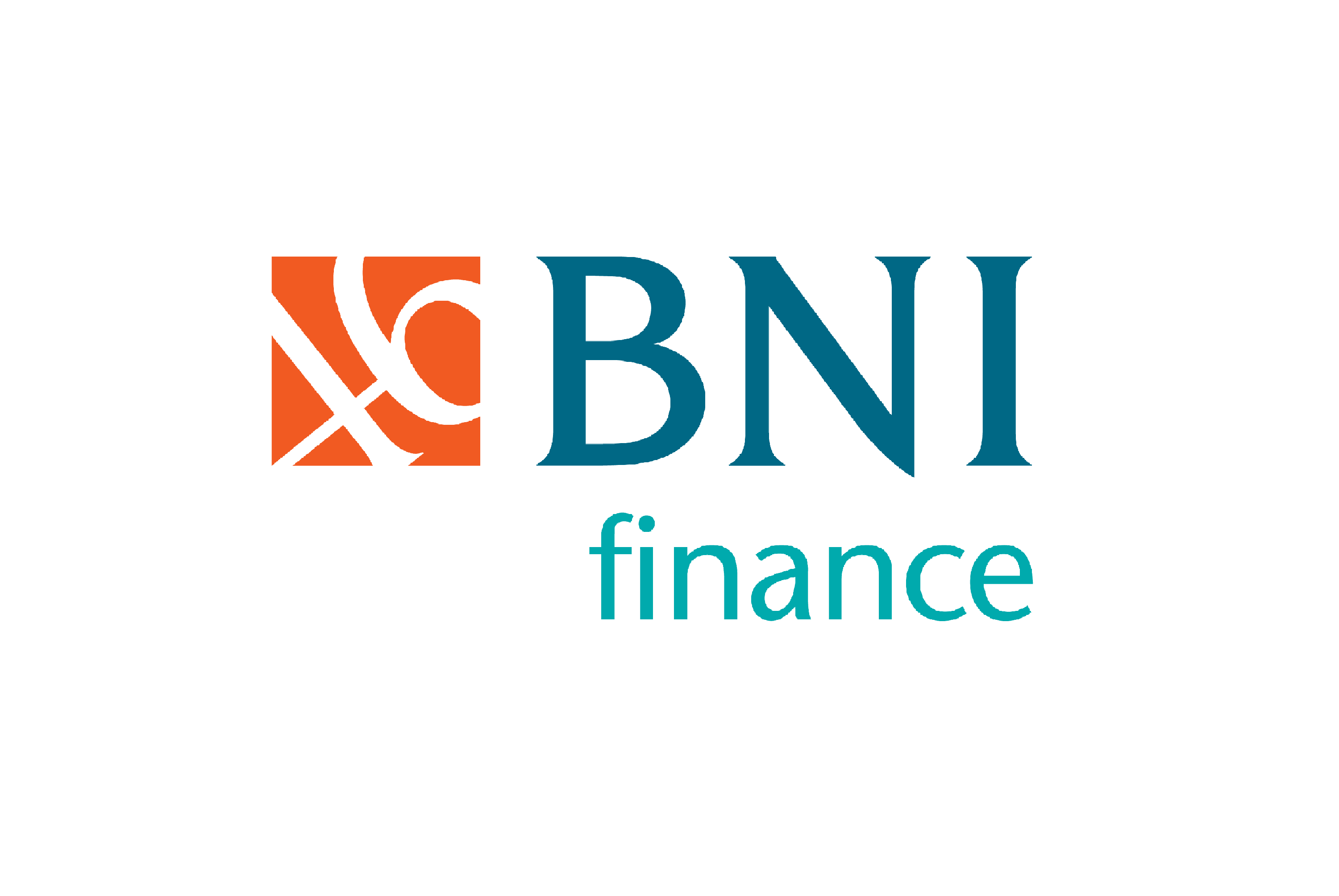Young Adult Financial Planning: Small Steps with Big Impact
Senin, 28 Juli 2025

JAKARTA, investortrust.id - "You live your life to the fullest, you grow rich when you grow old, and you die in heaven" is probably a familiar phrase. Who doesn't want that ideal life? But the question is, what can we do to achieve it?
BNI Asset Management (BNI-AM) Director Ade Yusriansyah explained the importance of financial planning from a young age. One example is dividing human life into five stages: childhood, adolescence or singlehood, adulthood or marriage, pre-retirement, and retirement.
"In each of these stages, we face various uncertainties such as illness, physical decline, sudden needs, education costs, and even the risk of death. The solution? Early preparation, one of which is through thorough personal financial planning," he said in an official statement quoted on Monday (July 28, 2025).
Ade also explained that this planning can take the form of an emergency fund, education fund, Hajj fund, funds for owning a dream home, and even retirement funds. Besides mitigating risks, financial planning also helps anticipate rising living costs, one of which is caused by inflation.
He gave the example of high inflation in education in Indonesia. Based on data compiled by Ade from 1996 to 2024, inflation for education at the same university and major reached 8.13-14.42% per year. Meanwhile, data from the Central Statistics Agency (BPS) shows that the average increase in income from August 2015 to August 2023 was only around 5.51% per year.
For basic education, according to BPS data, school fees at the elementary school level increased from IDR 2.4 million (2017/2018 academic year) to IDR 3.24 million (2020/2021), an increase of approximately 35%. At the junior high school level, fees increased by 32%, from IDR 4.23 million to IDR 5.59 million.
Meanwhile, for high school students, the increase was recorded at 19%, from IDR 6.53 million to IDR 7.8 million. These figures indicate a potential gap between rising education costs and income growth.
Another example is the need for retirement funds. According to a 2022 report by Manulife Investment Management, regular pension income in Indonesia is projected to be only around 20% of previous active income, or even lower.
"This means that retirees' standard of living is predicted to decline significantly if financial preparation is not undertaken early. Given these facts, it is clear that financial planning is crucial at every stage of life," he explained.
However, implementing financial planning is not easy, especially when many people still view it as a "burden" rather than a long-term investment. One clear example is the view that education costs are merely an expense, rather than an investment for the future.
To change this mindset, the first thing that needs to be instilled is the ultimate vision of financial planning: achieving financial independence. With this vision, Ade said, one can better understand the results to be gained from the process being undertaken or to be undertaken.
"Furthermore, we also need to develop four important elements in implementing financial planning: interest, willingness, commitment, and consistency. These four elements serve as guides to keep us on the right track," Ade explained.
Equally important, according to Ade, is the need to continuously improve our financial literacy. With a good understanding, we will be wiser in choosing investment instruments that suit our risk profile and will be able to achieve optimal returns without ignoring the potential for loss.
"In closing, getting into the habit of financial planning from a young age is a small step that has a big impact. To quote the saying, 'small steps lead to giant leaps,' meaning that one initial step can bring about big changes in the future," he concluded.
 English
English
 Bahasa
Bahasa









